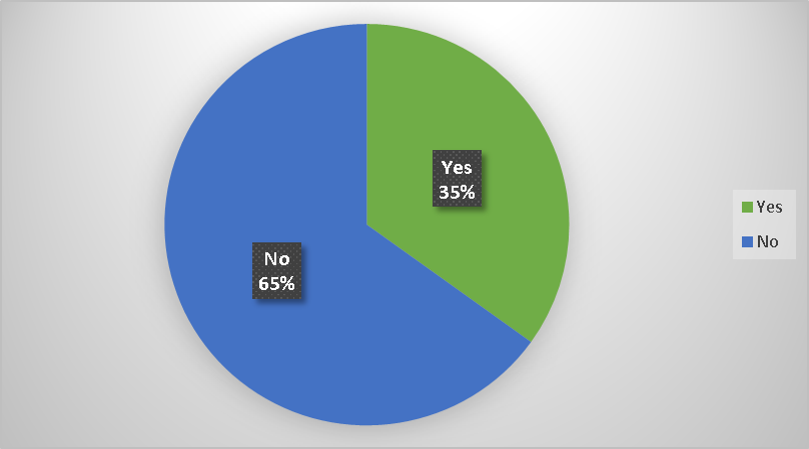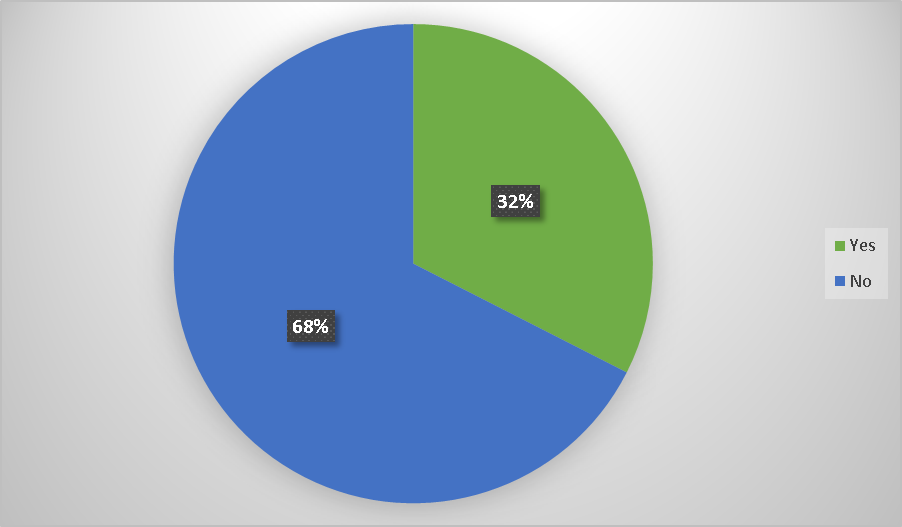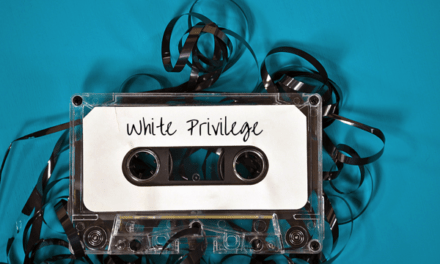
Last week The Winters Group hosted its first Let’s Talk About It Series. With the heightened racial sensitivity over the past year as a result of the police killings of unarmed black men, we thought it would be important to share our perspectives and hear yours about why it is so difficult to talk about race, and why black/white opinions seem to be so polarized. We especially wanted to hear what type of dialogue was going on in the workplace about these issues. We were fortunate to have Dr. Joseph Winters as a guest presenter. Dr. Joe, is an assistant professor of religion at UNC Charlotte and teaches and writes about issues of race in contemporary society.
We obviously hit on a subject that many people wanted to weigh in on as we had just under 100 people on this complimentary virtual learning lab. As with all of our learning labs, we wanted this to be as interactive as possible. We posed a number of questions for discussion and conducted several polls.
The results were so compelling, albeit probably not surprising, that I thought them worth sharing with our Inclusion Solution readers.
Why Is It So Hard To Talk About Race?
Dr. Joe offered that it has always been hard to talk about race, so it is not new. He explained that race invokes painful memories; we are good at identifying personal acts of racism but it is more difficult to recognize structural inequality and when incidents like Ferguson and Garner happen we tend generate simplistic reductive, polarizing narratives that exclude an analysis of race.
Participants offered the following reasons:
- Fear of saying the wrong thing and offending (most common response)
- Guilt
- Lack the skills to have effective dialogue
- Attempt to be politically correct (we have been taught to be color blind)
- Too much emotional baggage
- Discomfort with history (don’t want to stir up old wounds)
- Want to avoid conflict
- Don’t want to pull the “race card”
- It’s hard to listen without prejudice and prejudgment
Are We Ready To Have Authentic Conversations About Race In The Workplace?
During the hour-long discussion, we asked participants to share their perspectives about the extent to which they can have authentic dialogue about race in the workplace and whether not talking about these issues impacts productivity. Interestingly and not surprising the majority of respondents do not feel that their respective workplaces are ready to have authentic dialogues race and that the silence does impact productivity.
How many of you feel that you have to walk on “egg shells” being cautious in the workplace when discussing race? |
|
| Not at all, we have authentic discussions | 10.2% |
| It is somewhat difficult but we do talk about it | 36.7% |
| We talk about it, but it is not authentic dialogue | 36.7% |
| We absolutely avoid talking about it at work | 16.1% |
| N=68 | |
At work, we talked about the recent issues such
as Ferguson, Garner and the demonstrations that followed.

Do you think your workplace is ready to have
authentic dialogue about race?

To what extent does not talking about these issues impact productivity in the workplace? |
|
| Not at all | 10.7% |
| A little | 10.7% |
| Moderate amount | 38.1% |
| A lot | 27.3% |
| Don’t know | 13.1% |
| N=84 | |
We welcome your thoughts about this issue and the results of our polls. Do you agree? Is your experience different?
We plan to repeat this Let’s Talk about It dialogue on February 11 at 2pm-3pm ET. So if you did not have the opportunity to participate, we would love to have you join us. Register here.


















